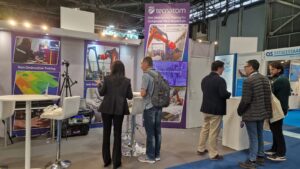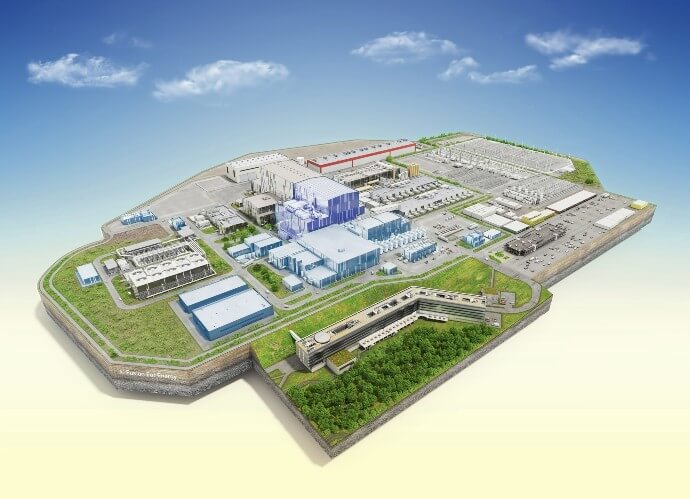The main aim of the MEMPHIS Project is to develop a monitoring and distributed control system (MDCS) for thermal power plants that makes it possible to act dynamically, intelligently, and autonomously while adapting to the necessary operational schemes on demand, doing so at any time and efficiently, and also enabling predictive maintenance operations, reducing unplanned stoppages, and ensuring a minimal level of emissions.
The need for the MEMPHIS Project arises out of the fact that thermal power generation is currently faced with the challenge of operating as a reserve source of energy that is as flexible, clean, and efficient as possible, and doing so in conjunction with renewable sources of energy that are more intermittent in nature like wind energy, solar energy, and hydro energy. In this context, fossil fuel thermal power stations (natural gas combined cycle and coal) and biomass renewable energy plants work in an increasingly cyclical way: at partial loads and with frequent starts and stops so that supply meets, at all times, the electricity demand unmet by the intermittent renewable sources. Nevertheless, the majority of the existing thermal power plants were not designed for such a purpose; therefore, this type of cyclical operation, under these conditions, results in the appearance of problems such as wear and tear on materials and components, and the consequential reduction in useful life.
As a result, the MEMPHIS Project strives to increase efficiency while solving and mitigating the problems arising from cyclical operations at power plants, doing so by adopting predictive maintenance strategies and acting on different operating parameters to minimize the impact on material useful life and maximize the efficiency of plant operations under conditions of minimal emissions.
The monitoring and control technology to be developed through MEMPHIS to meet said goals seeks to act dynamically, intelligently, and autonomously so as to provide modular, scalable solutions for decentralized control and flexible operation that feature real-time, “data driven,” computation. A MDCS with these characteristics will be developed through the use of these 3 technologies:
- Fiber-optic sensors for hostile environments – both point sensors based on Fiber Bragg Grating (FBG) technology and distributed sensors based on Brillouin technology.
- Artificial intelligence via data analytics to predict the magnitudes measured with the fiber-optic sensors in a window of time – doing so with convolutional, recurrent neural networks and the use of deep learning algorithms.
- CPS decentralized control architecture featuring FOG computing architecture and decentralized control based on CPS and the IoT.
The MEMPHIS CONSORTIUM
The MEMPHIS CONSORTIUM covers the entire value chain of the technologies that are going to be developed:

ENDESA Generación, project leader, alongside ENCE Energía y Celulosa, as thermal energy generators who will provide their experience in the nuances of the sector in terms of the different types of generation (gas, coal, biomass) and the scenarios for case studies.
TECNATOM will contribute with its expertise and knowledge of power plant operations and maintenance, as well as with the analysis and interpretation of a myriad of operational and processing processes.
Técnicas de Soft will bring its expertise in the development and integration of platforms tailored to the needs of companies and the sector.
The Consortium also has the support of the AIMEN Technology Center, which will contribute with its extensive experience in the research and development of monitoring solutions based on fiber-optic sensors.
Therefore, MEMPHIS is a large, comprehensive project that contemplates the experimental development and implementation of technologies in relevant environments.
Project financing
The MEMPHIS Project, part of the 2018 RETOS-COLABORACIÓN Program, is financed by ERDF Funds and has the support of the Spanish Ministry of Science, Innovation, and Universities and the Spanish State Research Agency.







